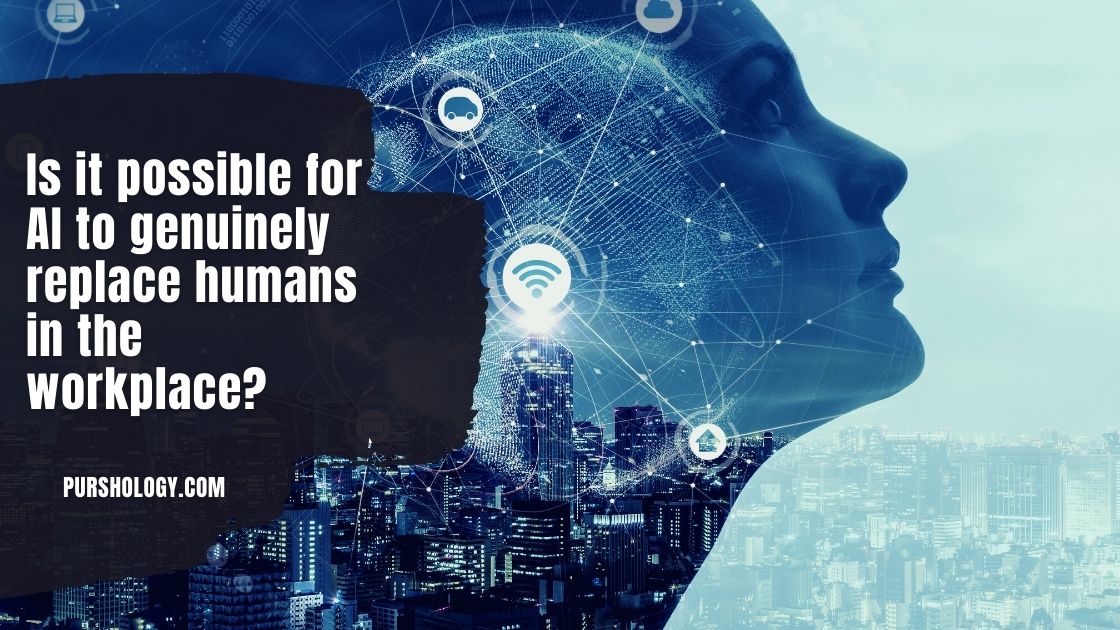Many dire predictions have been made about the employment of AI in the workplace. Even Stephen Hawking has expressed his concern about the development of machines. Could AI, on the other hand, truly replace people in the workplace?
For the time being, the answer is no. In many aspects of the company, real human connection is still essential. We’ll look at situations where a genuine person is required.
Recruitment
While AI can help automate some aspects of the recruiting process, it cannot completely replace humans. This is due to the fact that companies must establish a rapport with candidates.
You can’t merely hire someone based on their qualifications and experience. Their personality must also be compatible with the work. At the moment, AI systems are unable to assess personality characteristics. As a result, a human touch should still be used in part of the recruiting process.
Customer Service
Similarly, actual people are required in the customer service department. Chatbots are ideal for delivering a service that is available 24 hours a day, seven days a week. They can’t, however, address all of your questions. When customers have a query or a concern, they still prefer to speak with real people. Automated systems can only go so far in terms of assisting you.
So, if you’re thinking of depending exclusively on AI to improve your customer service, reconsider. Customer service will almost certainly always necessitate the use of humans.
Creative Work
Another area where AI is still lacking is creative work. They lack emotional intelligence, therefore occupations like psychology are safe for them. Humans are still required to read body language and detect emotions.
As humans, we have the ability to react quickly and creatively. AI may be able to guess what you want to say, but it will never be able to take over a real-time conversation, responding intelligently and appropriately to human emotions.
Innovation
Finally, AI will never be able to completely replace human creativity. They are, without a doubt, highly “intelligent.” They do not, however, have the same level of spontaneity that humans have. They are unable to think for themselves at this time. Even AI technology that is being created to make autonomous decisions is incapable of thinking in the same manner that humans do.
As a result, if the human invention is to continue, it must come from humans rather than robots. AI may provide some innovative skills in the future, but for the time being, humans have the upper hand.
Artificial intelligence (AI) has the potential to take over certain human professions. Experts anticipate that technology will eventually replace more than half of the employment we have now. It’s also worth noting that AI has the potential to provide new employment and opportunities.
While there are concerns that AI may grow too sophisticated and replace people, the fact is that it will most likely complement human contact. In the corporate world, humans will collaborate with AI technology. This will benefit the corporate sector by increasing productivity while maintaining the crucial human touch.
These are just a few of the reasons why AI is unlikely to completely replace humans.




